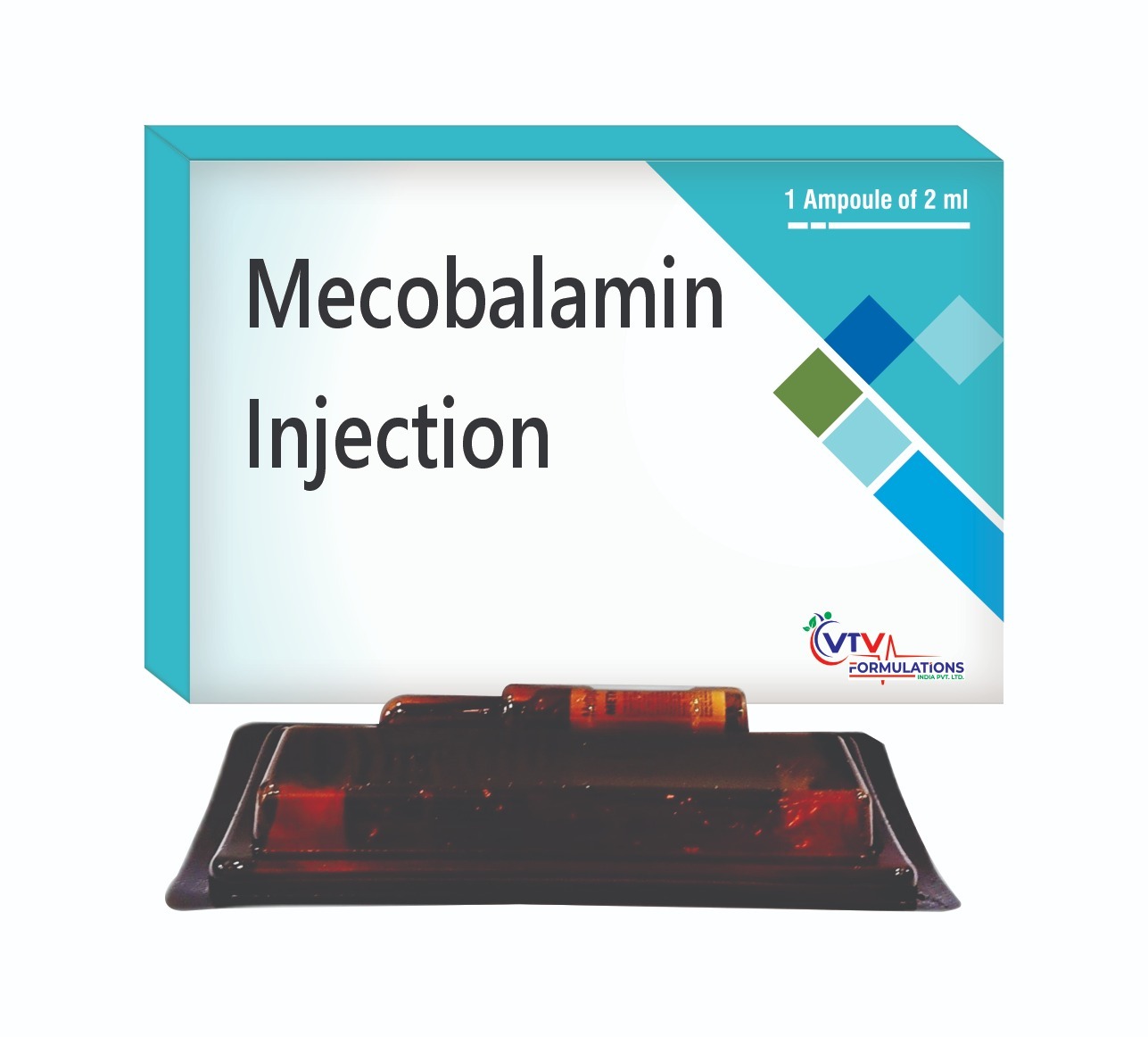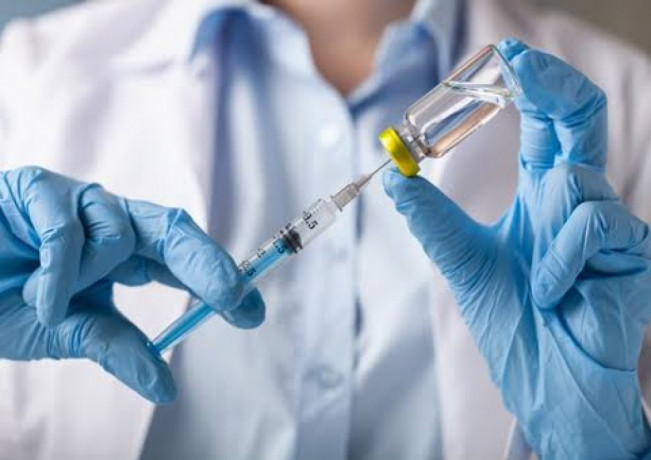
The pharmaceutical industry is undergoing rapid transformation, and injectable medicines are at the center of this change. From vaccines and antibiotics to oncology treatments and advanced biologics, injectable formulations are vital to modern healthcare because they provide faster therapeutic effects and higher bioavailability compared to oral medicines. Unlike tablets and capsules, which pass through the digestive system, injectables deliver the drug directly into the bloodstream or tissues. This makes their production far more complex, requiring precision, sterility, and adherence to stringent global quality standards.
Setting up an injectable manufacturing unit demands massive investments in sterile facilities, advanced filling machines, cleanrooms, HVAC systems, water-for-injection setups, and trained manpower. For most pharmaceutical companies—especially startups and mid-sized firms—such an investment is not always feasible. That is why third-party manufacturing has become a widely adopted solution. Instead of handling manufacturing in-house, companies outsource the production of injectables to specialized facilities, focusing instead on R&D, brand building, and distribution.
India has emerged as a global hub for third-party injectable manufacturing. The country is home to leading pharmaceutical clusters in Baddi (Himachal Pradesh), Hyderabad (Telangana), Ahmedabad (Gujarat), and Sikkim, which are equipped with WHO-GMP, USFDA, and EU-GMP certified plants. These hubs combine cost-efficiency with world-class compliance, making India a trusted destination for both domestic and export markets.
Key Advantages of Third-Party Injectable Manufacturing in India
- Cost-Effective Production : Eliminates the need for huge capital expenditure on sterile facilities and regulatory approvals.
- Faster Time to Market : Outsourcing shortens production cycles, enabling quicker product launches.
- Specialized Expertise : Manufacturers provide advanced technology, formulation knowledge, and experience in sterile production.
- Focus on Core Business : Companies can direct resources to branding, marketing, and R&D while leaving manufacturing to experts.
- Scalability : As demand grows, production can be scaled up without additional infrastructure burden.
Why India Leads the Way
- Competitive labor and operational costs compared to Western markets.
- A strong network of API suppliers, packaging vendors, and logistics providers.
- WHO-GMP and globally certified facilities located in major pharma clusters.
- Supportive government policies that promote exports and innovation.
- A growing pool of highly skilled pharmaceutical professionals.
With increasing demand for sterile formulations worldwide, third-party injectable manufacturing in India provides a secure, compliant, and scalable solution for pharma companies aiming for long-term growth.

How to Select the Right Injectable Manufacturer in India
Choosing the right third-party injectable manufacturer is not a simple procurement decision—it is a long-term strategic move that can define the success of your pharmaceutical brand. The right partner ensures consistent product quality, timely delivery, and regulatory compliance, while the wrong choice can lead to delays, recalls, and reputational damage. Below are the most critical factors to consider when selecting your manufacturing partner.
- Regulatory Compliance
Compliance with local and international standards is non-negotiable. Ensure that the manufacturer is:
-
Certified under WHO-GMP and Schedule M (mandatory in India).
-
Approved by USFDA, EMA, MHRA, or EU-GMP if you intend to export.
-
Regularly audited by national and global authorities.
Regulatory compliance is the backbone of credibility and ensures your injectables meet patient safety standards across markets.
- Infrastructure and Equipment
Manufacturing injectables demands highly controlled conditions. Evaluate whether the facility has:
-
Cleanroom classifications (Grade A, B, and C).
-
Water for Injection (WFI) and sterile filtration systems.
-
Automated aseptic filling and lyophilization equipment.
-
Proper HVAC systems and validated sterilization technologies.
A well-equipped plant ensures reduced contamination risks and consistent quality.
- Technical Expertise and Service Range
Different injectables require unique handling. Some plants specialize in oncology products, while others may focus on antibiotics or hormonal therapies. Ask:
-
Does the manufacturer have experience with your therapeutic category?
-
Can they handle both small trial batches and large commercial runs?
-
Do they provide formulation development, packaging, and logistics support?
Choosing a partner with expertise in your specific segment saves time and reduces risks.
- Quality of Service and Communication
Quality of service extends beyond sterile production—it includes responsiveness, documentation, and transparency. A reliable partner should:
-
Share Batch Manufacturing Records (BMRs) and Certificates of Analysis (CoAs).
-
Provide timely updates on production timelines.
-
Maintain open channels for technical and regulatory support.
Good communication ensures smoother operations and minimizes the risk of misunderstandings.
- Cost and Scalability
While cost is important, choosing the lowest quote can backfire if it compromises quality. Instead, evaluate:
-
Fixed setup costs, variable production costs, and hidden expenses like rework.
-
Scalability—can they double or triple production if your product demand grows?
-
Payment terms and risk-sharing policies in case of failed batches.
A balanced cost-quality model ensures both profitability and sustainability.
By carefully evaluating these factors, companies can avoid costly mistakes and establish long-term, reliable manufacturing partnerships.
Benefits of Partnering with a Third-Party Injectable Manufacturer
Working with a third-party injectable manufacturer in India is not just a cost-cutting decision—it is a growth strategy. Here are the major benefits explained in detail:
- Reduced Investment and Operational Burden
Building and maintaining a sterile facility can cost millions of dollars. Outsourcing eliminates capital expenditure on cleanrooms, machines, utilities, and staff training. Companies can use these savings for R&D and market expansion.
- Superior Compliance and Certifications
Many Indian manufacturers hold WHO-GMP, ISO 13485, USFDA, and EU-GMP certifications, which give your brand credibility in international markets. This allows you to expand globally without worrying about compliance gaps.
- Access to R&D and Formulation Expertise
Some third-party manufacturers also provide R&D support, including:
-
New injectable formulation development.
-
Lyophilization (freeze-drying) services.
-
Reformulation for better stability or bioavailability.
This technical edge helps companies stay ahead of competitors.
- Risk Mitigation and Quality Assurance
Injectables are high-risk products due to sterility requirements. A reliable manufacturer ensures:
-
Microbial and endotoxin testing.
-
Stability studies and environmental monitoring.
-
Real-time batch tracking for complete transparency.
This reduces chances of product recalls, saving both reputation and revenue.
- Operational Flexibility
Third-party manufacturers can handle:
-
Small pilot batches for clinical trials.
-
Seasonal or short-term manufacturing runs.
-
Large-scale commercial supply for hospitals and government tenders.
This flexibility allows you to adapt production to market demand.
- Regulatory and Documentation Support
Navigating regulatory approvals is complex. Many manufacturers assist with:
-
Product dossier preparation for DCGI, WHO, or global markets.
-
Licensing and registration paperwork.
-
Certificates of Analysis (CoA), Batch Records, and CoPPs.
Having a partner who supports documentation accelerates regulatory approvals.
- Strategic Growth without Constraints
By outsourcing, companies can expand product lines and enter new geographies without being limited by infrastructure. This model provides scalability, risk-sharing, and long-term sustainability.
In short, partnering with a trusted third-party injectable manufacturer transforms challenges into opportunities for growth.
India’s Global Role, Future Trends, and Conclusion
India’s injectable manufacturing hubs are among the most competitive globally. Baddi in Himachal Pradesh is known for its tax incentives, industrial infrastructure, and skilled workforce. Hyderabad stands out for its biotech and biosimilar capabilities, while Ahmedabad is home to export-driven pharma clusters. Sikkim, supported by government incentives, is emerging as a sterile manufacturing hotspot. Together, these hubs provide the scale and ecosystem required to serve both domestic and global markets.
Future Trends in Injectable Manufacturing
The industry is evolving rapidly, and Indian manufacturers are adapting with:
- Pre-filled syringes and auto-injectors for patient convenience.
- Ready-to-use formulations with longer shelf lives.
- Dual-chamber vials for complex biologics.
- AI and digital monitoring for real-time quality assurance.
- Green manufacturing practices and eco-friendly packaging.
These advancements ensure that Indian injectable facilities remain globally competitive.
Conclusion
Third-party injectable manufacturing in India is more than a cost-saving exercise—it is a strategic enabler of growth, compliance, and innovation. By outsourcing to the right partner, pharmaceutical companies can focus on their strengths—R&D, marketing, and market expansion—while relying on experts for sterile production.
The right manufacturer offers more than just a service; they act as a long-term strategic partner, guiding companies through regulatory complexities, scaling production as demand grows, and ensuring patient safety with every batch produced.
As global demand for injectables increases, India’s third-party manufacturers are uniquely positioned to deliver high-quality, affordable, and scalable solutions. For companies looking to build trust, expand globally, and stay competitive, choosing the right injectable manufacturing partner in India could be the key to long-term success.